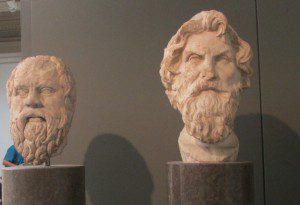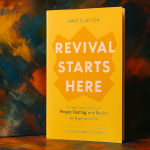By David French:
Not long ago, the university was seen as a world apart—an idyllic enclave where our studious youth learned the virtues of citizenship, cheered hard for the football team, and read the great classics of Western thought. The “ivory tower” was more an observation than the insult the term has become, an almost monastic reference to a place where thought was free and knowledge ruled.
Nostalgia, of course, is deceptive-life was rarely as good (or bad) as we remember. However, nearly everyone will agree that our universities have changed in the past four decades, educating millions on vast campuses that my friend Greg Lukianoff, president of the Foundation for Individual Rights in Education, has compared to “small European countries.”
As universities have grown in size, they have also grown in ambition. Most students are now aware of the concept of “university values,” an all-encompassing worldview that tells us men and women are exactly the same, that “diversity” is a paramount goal, and that one should tolerate everything except intolerance….
In 2010 the Supreme Court—in a 5-4 decision in a case called CLS v. Martinez-held that a private Christian club on a public university campus did not have an absolute right to Christian leadership. In other words, it had to open itself up to potential Muslim, Hindu, or even atheist leadership if the university adopted and maintained an “all-comers” policy.
Why did the Supreme Court reach that result? Why did it grant a state entity a degree of authority over a private religious organization that would have been previously unthinkable? For two reasons: First, because it trusted the university. The Martinez decision in many ways is an extended ode to the discretion of the professional educator. Second, the Court saw the Christian students’ quest to meet in empty classrooms and use community bulletin boards not as exercising a right (as the Court had previously described such activities) but as seeking a benefit from the state.















